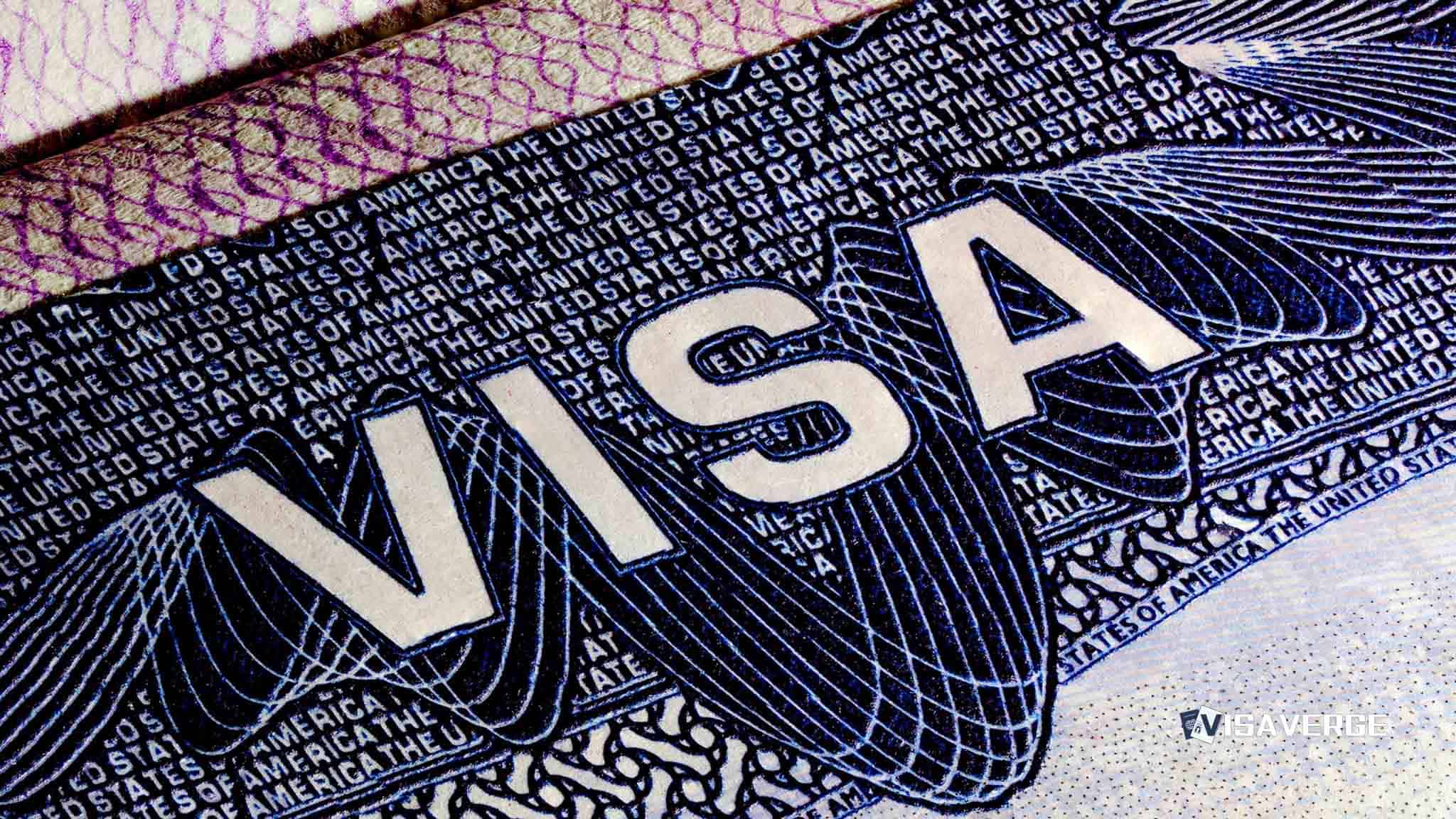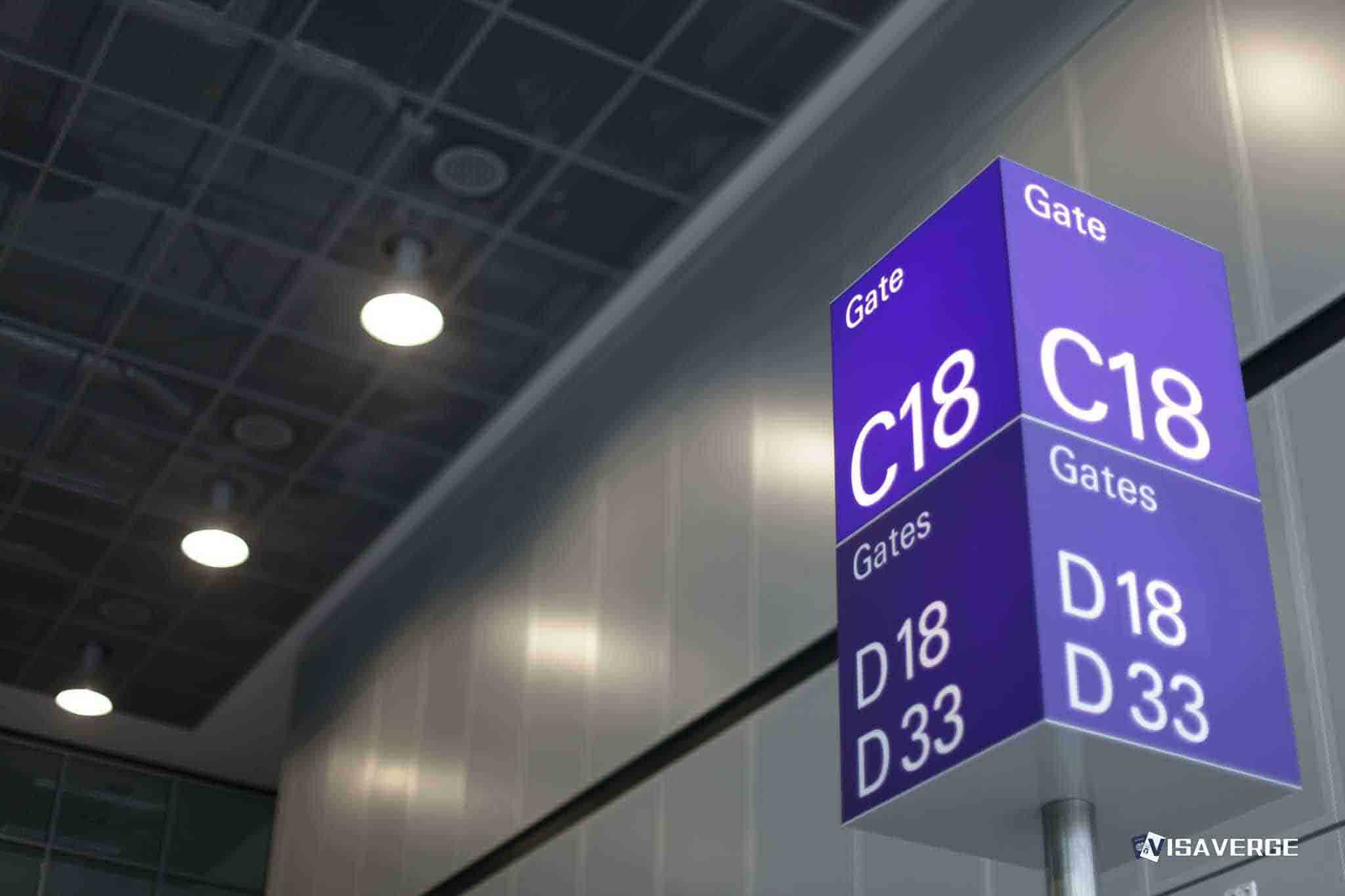(KENYA) As of August 15, 2025, a U.S. regulation finalized after a White House review in early August—identified as RIN: 1653-AA95—would place fixed time limits on student and exchange visas, a shift set to reshape study and work plans for many Kenyans. The rule introduces set end dates for the F-1 student and J-1 exchange visitor categories, replacing the long-standing system that allowed stays for the full length of academic or exchange programs.
Officials say the rule is expected to appear in the Federal Register soon, followed by a public comment period before final implementation, according to sources familiar with the process under President Trump.

What changes for Kenyan applicants
The most immediate change for Kenyan applicants is duration. Instead of remaining for the entire degree or exchange, many would face two- or four-year caps and would need to request extensions mid-program to finish on time.
Advocates warn this could cause delays and risk breaking lawful status if processing lags. That, in turn, would affect work tied to study, including on-campus jobs and practical training connected to coursework.
Kenya currently sits on a probationary “yellow list” within a 2025 U.S. travel-ban framework covering 43 countries. That framework brings tougher background checks and a 60-day window for governments to meet U.S. security benchmarks.
- Kenya is not on a full ban, but higher scrutiny can:
- Slow visa decisions
- Raise the chance of refusals
- Increase the risk of status gaps for students and skilled workers who must keep status without interruption
According to analysis by VisaVerge.com, the combined effect of shorter validity and stricter vetting could add new hurdles for Kenyans planning multi-year degrees, research placements, or training rotations in the United States.
Policy changes overview
Today, most F-1 students stay for the “duration of status,” meaning they can remain as long as they study full time and follow program rules. The shift would replace that open timeline with fixed end dates for initial admission and later renewals.
Examples of how this might work:
– A Kenyan bachelor’s student could receive two years initially, then need an extension to complete years three and four.
– A J-1 research scholar might face a similar timebox and require a mid-program renewal to finish a project.
Renewals during study are demanding. Students typically must show:
– Full-time enrollment
– Good academic standing
– Clear academic purpose
Any delay—missing paperwork, administrative backlogs, or visa interview queues—can interrupt lawful presence and affect work permission tied to study or exchange.
Officials argue the approach tightens security and improves vetting, echoing a 2020 proposal under President Trump. The rule is expected to reach the Federal Register soon, with a comment window and possible final steps in late 2025 or early 2026.
The wider landscape matters as well. The administration has excluded all African nations, including Kenya, from the 2025 U.S. Visa Waiver Program, so Kenyan travelers must apply for visas for short visits as well as long stays.
Humanitarian and refugee groups warn that stacked barriers—time limits, heavier checks, and no waiver options—will push some students to choose other destinations, including Canada (🇨🇦), and may cause U.S. programs to lose talent and diversity.
Impact on applicants and next steps
The practical question for a Kenyan family is: what should we do now? While the rule is not yet in force, careful planning can reduce risk and help keep studies or exchanges on track.
Key steps to consider:
1. Apply early. Start visa filings and any needed extensions well before deadlines. Longer queues are likely while Kenya remains on the probationary list.
2. Keep documents current. Maintain passports, school letters, transcripts, funding proofs, and travel history in one secure folder. Bring updated copies to any interview.
3. Plan for mid-program renewals. If your program will outlast two years, set reminders to file early. Talk with your school’s international office about course loads that preserve full-time status.
4. Coordinate travel. Re-entry checks may be longer under the yellow-list framework. Avoid non-urgent trips close to exams or filing dates.
5. Seek legal guidance. Complex cases—changes in major, research delays, or medical breaks—can affect status. A seasoned attorney or campus adviser can map steps to protect your stay.
Important: Filing for renewals early and keeping clear records from your university can significantly reduce the risk of falling out of status if processing delays occur.
Typical scenarios
- Case 1 — Amina, an F-1 student from Nairobi:
- Starts a four-year engineering degree and receives an initial two-year period.
- She files for an extension in semester three.
- If processing slows and a decision arrives after her first period ends, she could fall out of status and lose access to training linked to her degree.
- Filing months early, with clear records from the university, can cut that risk.
- Case 2 — J-1 research visitor:
- Leads a joint research project and hits lab delays or visa interview backlogs that push work past the initial cap.
- The researcher must secure a renewal before the current stay ends to avoid interruption.
U.S. officials stress Kenyans remain eligible for visas; there is no full ban. But the mix of fixed visa terms, increased screening, and fewer travel flexibilities raises the odds of disruption for applicants who wait or submit incomplete files.
Guidance for institutions and employers
- U.S. schools should brief incoming Kenyan students on likely timelines and create clear channels for urgent document requests.
- Employers hosting trainees or researchers can:
- Plan earlier start dates
- Add buffers around key milestones
- Coordinate with partner institutions to ensure timely documentation
For official information on categories and basic requirements for students and exchanges, see the U.S. Department of State’s Study and Exchange page: https://travel.state.gov/content/travel/en/us-visas/study.html.
What to expect next
The final text of RIN: 1653-AA95 will set exact timelines and extension triggers. Stakeholders will be able to submit comments during the notice period. Kenyan universities and employers with U.S. partners may file joint comments to describe classroom, lab, and graduation impacts.
Even if the core structure remains—fixed terms with renewals—the record built by students, schools, and employers can influence how the rule is implemented and help reduce harm to Kenyan lives and futures tied to U.S. study and work.
Frequently Asked Questions
This Article in a Nutshell
A new U.S. rule (RIN: 1653-AA95) finalized August 15, 2025 limits F-1 and J-1 stays. Kenyan applicants face two- or four-year caps, mid-program renewals, and higher scrutiny under a 2025 yellow-list framework. Early filings, updated documents, and legal advice can reduce status interruption risks amid processing delays.








